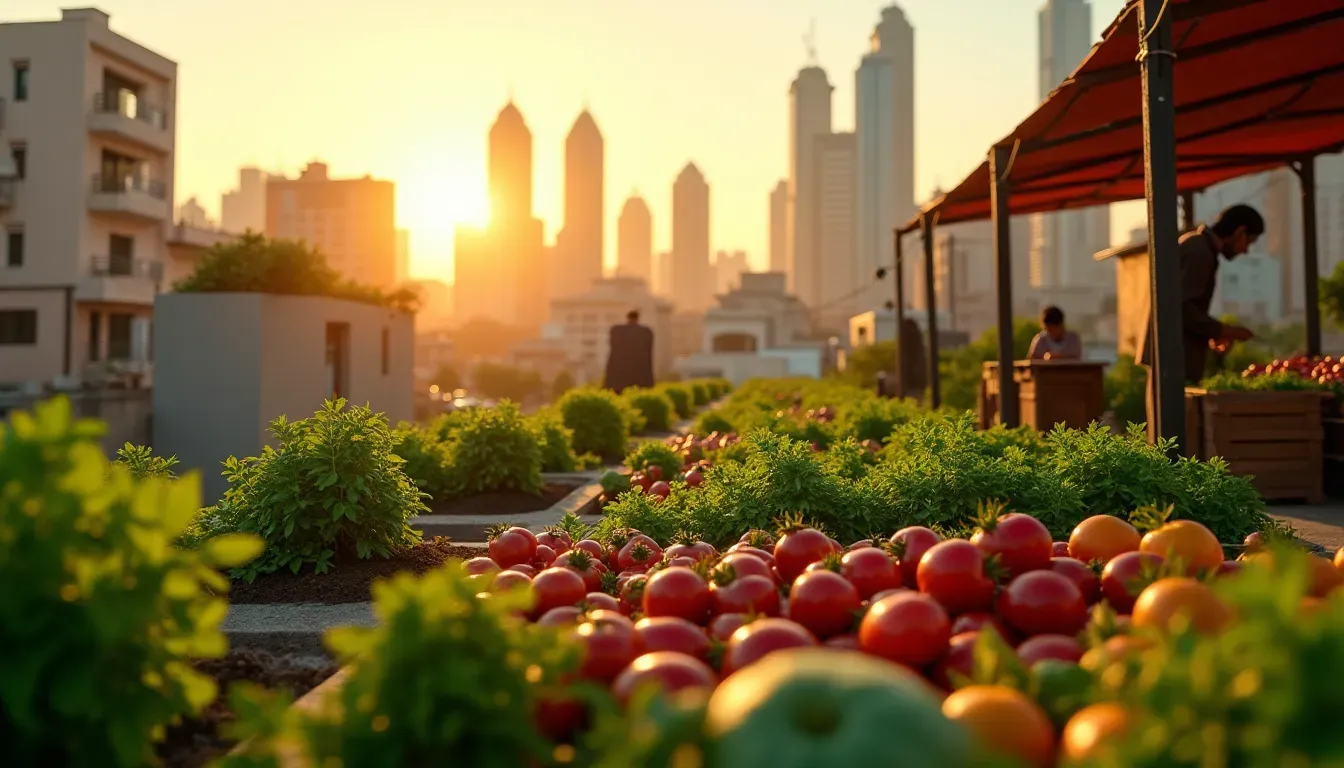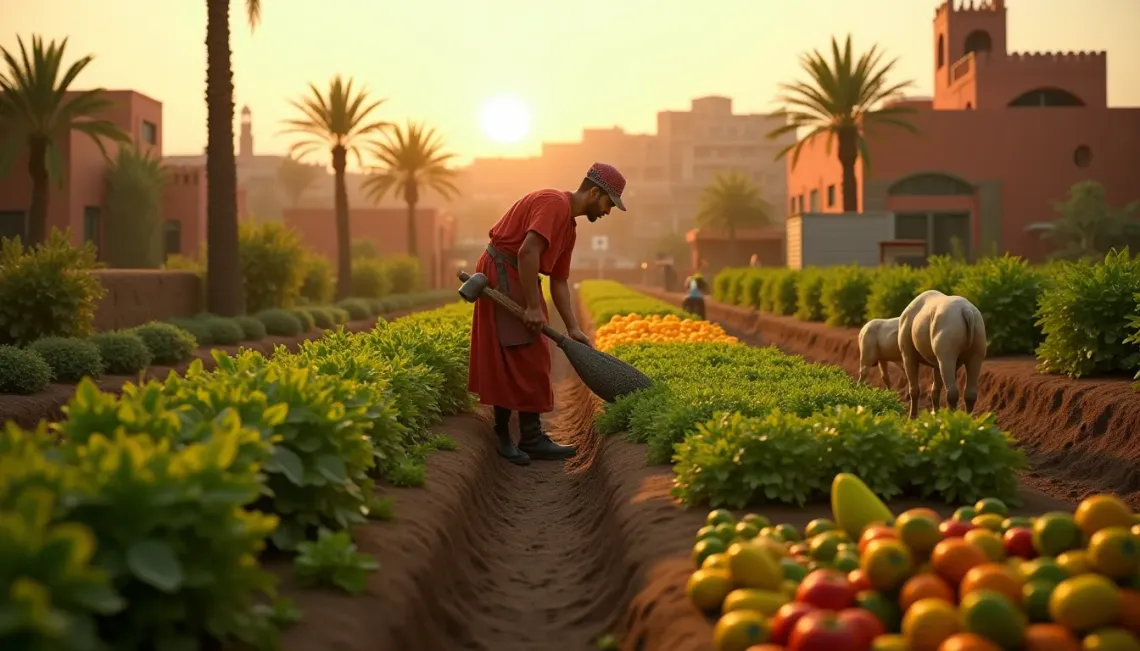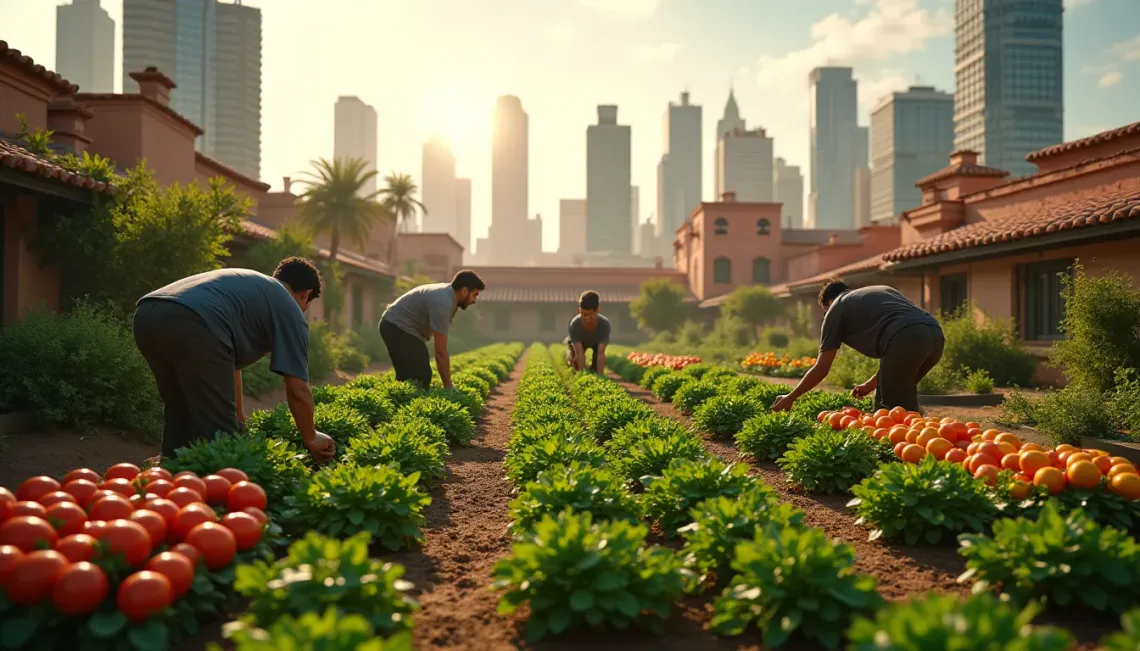In recent years, the concept of urban farming has emerged as a pivotal solution to enhancing food security in Morocco, a country marked by its vibrant cities and traditional agricultural roots. Urban agriculture is not only reshaping the landscape of Moroccan cities but also offering a sustainable pathway toward self-sufficiency and environmental responsibility.
Understanding Urban Farming in Morocco
The term urban farming refers to the practice of cultivating, processing, and distributing food within or around urban areas. In Morocco, where rapid urbanization continues, urban agriculture provides innovative solutions to land constraints and food distribution challenges. By integrating green spaces into urban settings, it promotes sustainable agriculture and addresses numerous social, economic, and environmental issues.
The Role of Urban Agriculture in Enhancing Food Security
Food security remains a critical concern worldwide, and Morocco is no exception. Urban farming offers multiple benefits that strengthen food security in Moroccan cities:
- Increased Accessibility: By producing food closer to consumers, urban agriculture reduces transportation costs and logistical challenges, making fresh food more accessible to urban dwellers.
- Job Creation: Urban farming generates employment opportunities, particularly for women and youth engaged in these initiatives.
- Resilience to Climate Change: Sustainable agriculture practices mitigate environmental impact, preserving biodiversity and promoting ecological balance.
Challenges and Opportunities in Moroccan Urban Agriculture
The growth of urban farming in Morocco faces several challenges, despite its potential. These challenges include:
- Resource Allocation: Limited access to water and land in urban areas hinders expansion.
- Policy and Regulations: Supportive governmental policies and clear regulations are needed to foster urban agriculture practices.
- Public Awareness: Educating the public about the benefits of urban farming can drive participation and investment.
However, opportunities abound:
- Encouraging public-private partnerships to integrate urban agriculture into city planning.
- Investing in research and development to optimize resource use and improve crop varieties.
- Promoting community gardens and rooftop farms to maximize space utilization.
Sustainable Agriculture: A Pathway to Resilience
As Morocco continues to modernize, the adoption of sustainable agriculture practices within urban farming efforts can significantly contribute to national food security. Integrating traditional farming knowledge with modern techniques ensures efficient use of resources and stimulates local economies.
Interlinking Topics for a Holistic Approach
Urban farming can be interlinked with other key areas such as wastewater management and renewable energy, which are essential for sustainable city development. Harnessing urban agriculture alongside these elements creates a synergistic effect that magnifies benefits for both food production and ecological balance.
Morocco's journey towards enhanced food security and environmental resilience can be significantly bolstered by embracing urban farming. This approach not only supports sustainable agriculture but also nurtures community engagement and strengthens the socio-economic fabric of urban areas, creating a promising future for Moroccan cities.




